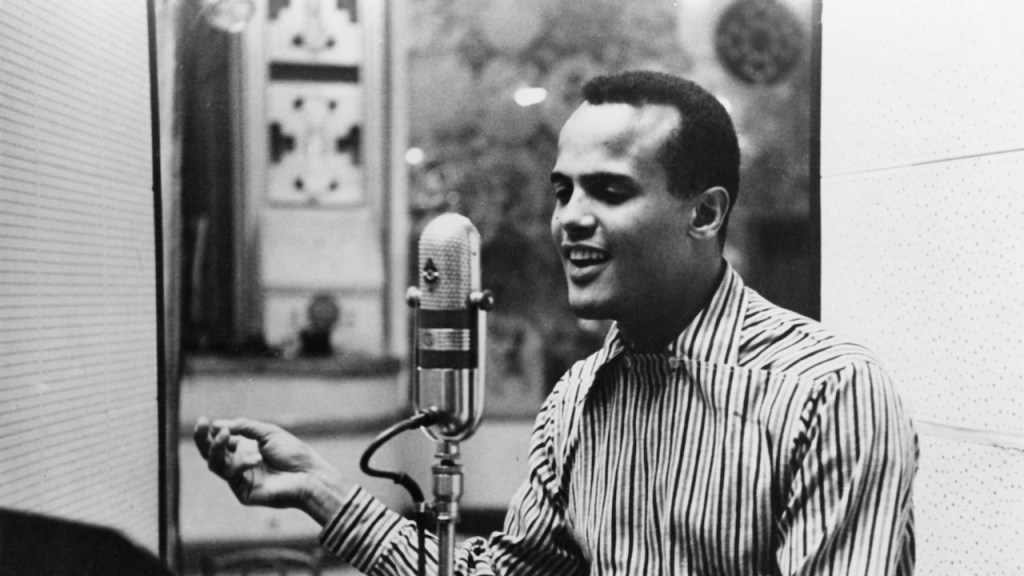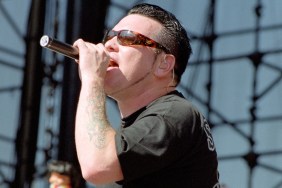Jamaican-American singer, songwriter, actor Harry Belafonte – who brought the sounds of the Caribbean and Kingston to the US before turning to civil rights activism in his later years – has died at the age of 96.
Belafonte’s death was confirmed by his longtime representative Ken Sunshine, who told the New York Times the singer and actor died as a result of congestive heart failure.
Harry Belafonte – ‘Day-O (The Banana Boat Song)’
Born to Jamaican parents in New York in 1927, Belafonte began his music career in the early 1950s, blending elements of folk, pop and calypso. His breakthrough came with his third album, 1956’s Calypso, which became the first LP to sell a million copies.
The album featured songs like ‘Day-O (The Banana Boat Song)’ and ‘Jamaica Farewell’, and introduced America to calypso music, with Belafonte being dubbed the “King of Calypso”. Other hits for Belafonte included ‘Jump in the Line’ and ‘Mary’s Boy Child’. Belafonte’s final studio album, Paradise in Gazankulu, was released in 1988.
Belafonte also starred on stage and on screen, including films like 1954’s Carmen Jones, 1957’s Island in the Sun and 1959’s Odds Against Tomorrow. He made dozens of television appearances throughout the years, appearing on programs like The Ed Sullivan Show, The Tonight Show, The Muppet Show and After Dark. Belafonte is one of the few entertainers who have achieved “EGOT” status, having won Emmy, Grammy, Oscar and Tony awards.
In the 1950s and 1960s, Belafonte worked closely with Dr. Martin Luther King Jr. during the US civil rights movement, and worked to end apartheid in South Africa in the 1980s. He was a UNICEF Goodwill Ambassador from 1987 until his death, and was the driving force behind the charity song ‘We Are the World’.
The song, released in 1985, featured the likes of Michael Jackson, Lionel Richie, Stevie Wonder, Paul Simon, Diana Ross, Dionne Warwick, Bruce Springsteen, Cyndi Lauper, Bob Dylan and many others and – selling more than 20 million copies – raised more than $63 million for humanitarian aid in Africa and the United States.
Belafonte’s activism continued in his later years, speaking out on racial and income inequality. He was critical of George W. Bush, calling him “the greatest terrorist in the world” in 2006. He won a Grammy Lifetime Achievement Award in 2000, and was inducted into the Rock and Roll Hall of Fame last year.
Among those have paid tribute to Belafonte since news of his death emerged are record producer Quincy Jones, Questlove and Bootsy Collins. “You were the standard bearer for what it meant to be an artist/activist,” Jones wrote, while Collins said “another brick in our fabric has risen”.
“Shining example of how to use your platform to make change in the world,” Questlove wrote in a tribute on Instagram. “Hi$ activi$m was crucial for the civil rights movement. His activism was key in the anti apartheid movement.”
Others who have paid tribute to Belafonte include both former US President Barack Obama and current President Joe Biden, philosopher Cornel West along with footballer and civil rights activist Colin Kaepernick.












